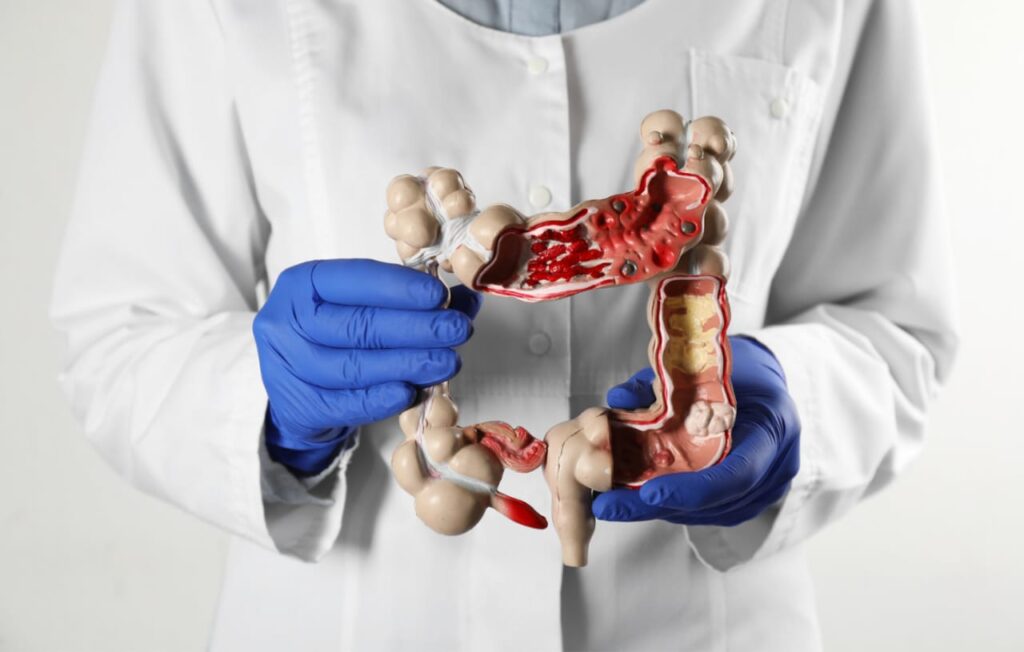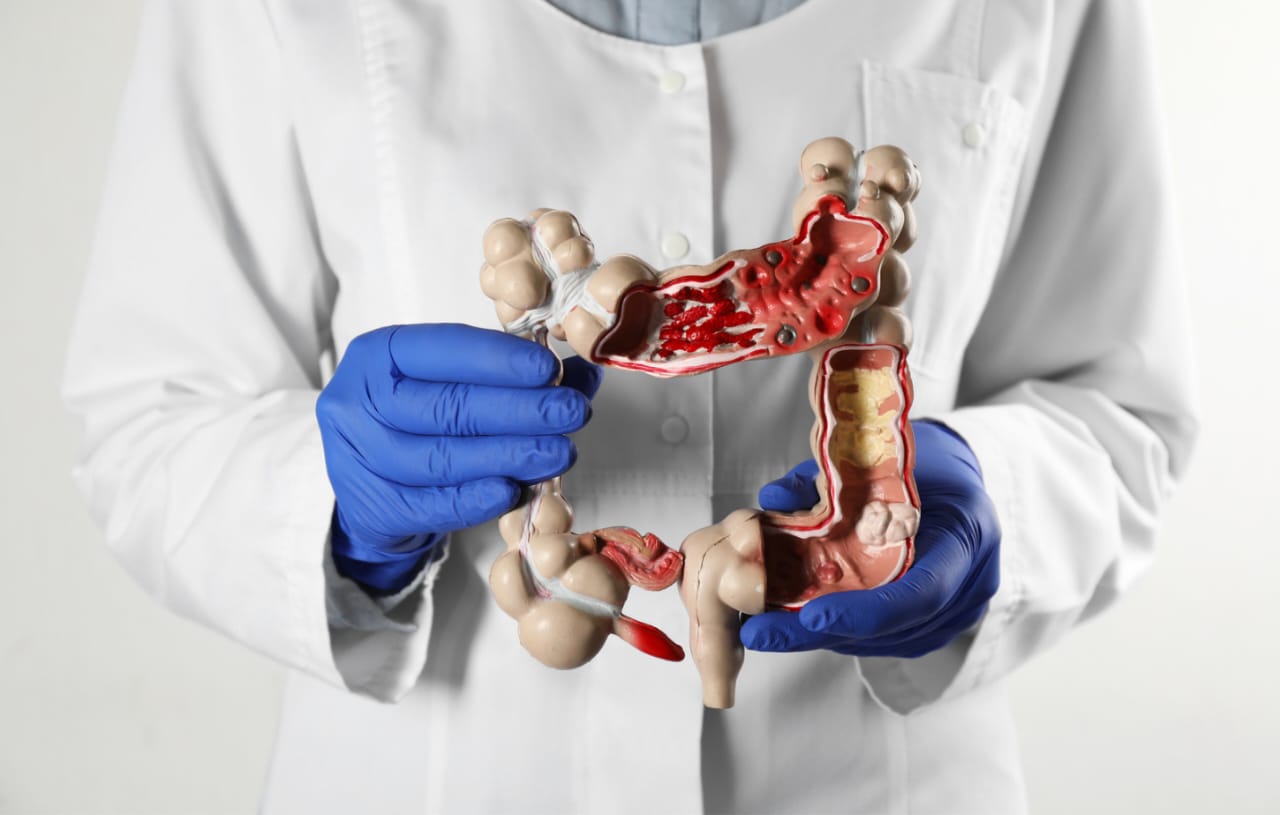
Unlocking the secrets of your gut: Discover how a gastroenterologist tackles everyday digestive woes in this exclusive guide.
Lets Discuss about Gastroenterologist diagnose and treat in detail.
Introduction:
Gastroenterologist diagnose and treat
Welcome to our curated guide on the vast range of ailments that gastroenterologists are experts in diagnosing and treating. As specialized medical professionals who focus on the digestive system, gastroenterologists play a crucial role in helping individuals suffering from various gastrointestinal issues. In this blog, we will provide a comprehensive view of the most common ailments that fall within the realm of gastroenterology. Whether you are experiencing acid reflux, liver complications, or intestinal disorders, understanding your condition and seeking the right treatment is essential for your overall well-being.
Common Digestive Disorders:
Gastroesophageal Reflux Disease (GERD)
GERD, also known as acid reflux, is a prevalent digestive disorder that affects millions of people worldwide. It occurs when stomach acid frequently flows back into the esophagus, causing discomfort and other distressing symptoms. Symptoms commonly include heartburn, regurgitation, chest pain, and difficulty swallowing. Diagnostic procedures, such as upper endoscopy and pH monitoring, help gastroenterologists confirm the diagnosis. Treatment options for GERD range from lifestyle modifications, such as dietary changes and weight loss, to medication and, in severe cases, surgery.
Irritable Bowel Syndrome (IBS)
IBS is a chronic disorder that affects the large intestine, causing symptoms like abdominal pain, bloating, diarrhea, and constipation. It is essential to understand that IBS is not the same as inflammatory bowel disease (IBD). Gastroenterologists diagnose IBS based on specific criteria and by ruling out other possible conditions. Once diagnosed, management strategies focus on identifying triggers and implementing dietary adjustments, stress management techniques, and occasionally medications to alleviate symptoms and improve the patient’s quality of life.
Inflammatory Bowel Disease (IBD)
IBD is an umbrella term encompassing chronic inflammatory conditions that primarily affect the gastrointestinal tract, including Crohn’s disease and ulcerative colitis. Both conditions present with symptoms like abdominal pain, diarrhea, rectal bleeding, and weight loss. Gastroenterologists differentiate between these two subtypes based on the extent and location of the inflammation. Treatment plans typically involve a combination of medications, lifestyle changes, and, in some cases, surgery to manage symptoms, prevent complications, and maintain remission.
Liver and Gallbladder Disorders:
Hepatitis
Hepatitis refers to inflammation of the liver and has multiple causes, including viral infections (hepatitis A, B, C, D, and E), alcohol abuse, and autoimmune conditions. Gastroenterologists specialize in evaluating and treating viral hepatitis. They conduct tests to determine the type and severity of the infection, provide appropriate antiviral medications, and monitor the progress. Preventive measures such as vaccinations for hepatitis A and B are also part of their practice.
Cirrhosis
Cirrhosis is a late stage of liver disease characterized by irreversible liver damage and scarring. Chronic alcohol abuse, hepatitis B and C infections, and non-alcoholic fatty liver disease are common factors contributing to its development. Gastroenterologists play a crucial role in diagnosing cirrhosis through various imaging tests and liver function assessments. Treatment focuses on managing complications, lifestyle modifications, and in some cases, liver transplantation when liver function becomes severely compromised.
Gallstones
Gallstones are solid deposits that form within the gallbladder, often causing pain and other digestive issues. Gastroenterologists play a vital role in diagnosing gallstones through ultrasound or other imaging techniques. The management options for gallstones can vary, depending on the severity and presence of symptoms. While small, asymptomatic gallstones may not require treatment, those causing pain or complications may necessitate medication, endoscopic removal, or surgical intervention, such as cholecystectomy.
Other Gastrointestinal Disorders:
Peptic Ulcer Disease
Peptic ulcer disease involves the development of open sores, known as ulcers, within the lining of the stomach or the upper part of the small intestine. Factors like infection with the bacterium Helicobacter pylori or prolonged use of nonsteroidal anti-inflammatory drugs (NSAIDs) contribute to peptic ulcer formation. Gastroenterologists employ diagnostic techniques like endoscopy and breath tests to confirm the presence of ulcers. Treatment includes antibiotics to eradicate H. pylori, acid-suppressing medications, and lifestyle modifications to promote ulcer healing and prevent recurrence.
Celiac Disease
Celiac disease is an autoimmune disorder caused by the body’s inability to tolerate gluten, a protein found in wheat, barley, and rye. Gastroenterologists play a crucial role in diagnosing celiac disease through blood tests and confirmed through intestinal biopsy. The primary treatment for celiac disease involves strict adherence to a gluten-free diet, which allows the intestinal lining to heal and prevents associated symptoms and complications.
Diverticular Disease
Diverticular disease refers to the presence of small pouches, called diverticula, in the lining of the colon. These pouches can become inflamed or infected, leading to diverticulitis. Gastroenterologists diagnose diverticular disease through imaging tests such as CT scans and colonoscopy. Management strategies for diverticular disease typically involve increasing dietary fiber intake, antibiotics for acute episodes, and, in severe cases, surgical interventions to remove the affected segment of the colon.
Conclusion:
Now that you are familiar with the impressive breadth of conditions gastroenterologists can diagnose and treat, remember to consult these specialists if you experience any digestive issues. Seeking proper medical care is essential for accurate diagnosis, personalized treatment plans, and improved quality of life. Prioritize your digestive health, and don’t hesitate to reach out to a gastroenterologist if you have concerns. Good health starts in your gut!
Get exclusive insights from gastroenterologists on diagnosing and treating common digestive disorders.
Contact Gastronaut Clinic +91-8369414120 for further information and appointment.


